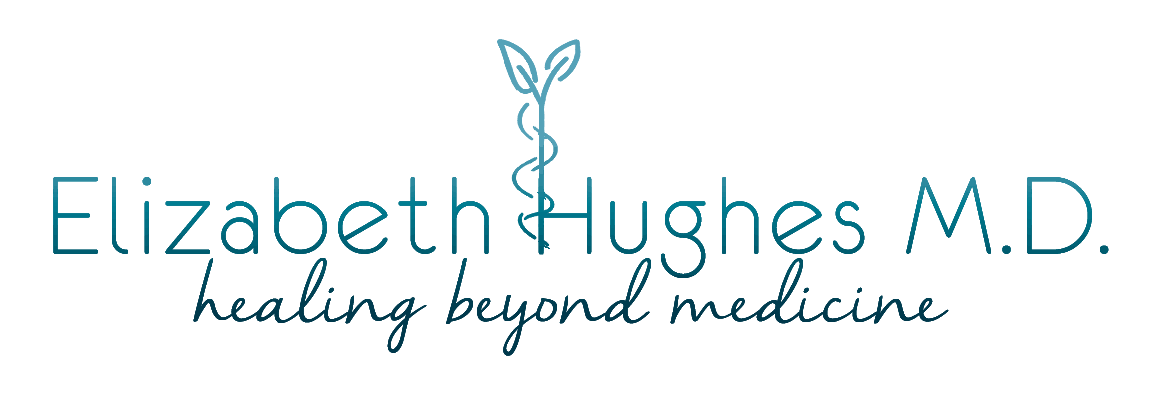How Loneliness Makes You Sick

This is why loneliness hurts. When we describe loneliness we use words like “ache” or “throb,” the same words we use to describe symptoms of physical illness. We use metaphors describing our hearts being constricted or feeling like we’re drowning. Just like physical pain, which alerts us that our bodies are injured so that we stop to take of ourselves, the social pain of loneliness tells us that we need to take action to end the loneliness, we need to find connection with a fellow human being.
The human body responds to loneliness the same way it responds to pain, by activating the fight or flight response. The hypothalamic-pituitary-adrenal axis becomes activated, pumping stress hormones, such as cortisol and epinephrine, through the bloodstream. This cascade of hormones causes a chain reaction, leading to more than 1,000 different biochemical changes throughout the body.
Studies have shown that loneliness changes our bodies on a cellular level. Loneliness weakens the immune system. It raises blood pressure and increases abdominal fat. It triggers inflammation. It interferes with the balance of other hormones. It decreases the body’s ability to regulate the cell cycle, meaning that cells can grow without the normal metabolic controls, similar to cancer cells. Loneliness even changes our brains, decreasing the connections between neurons, as shown by a decrease of white matter density.
All of these changes lead to chronic illness — high blood pressure, heart attacks, heart failure, strokes, chronic back pain, depression, addictions, and cancer — and higher rates of death.
Loneliness really does make you sick.
Here’s the tricky part: When we’re lonely, it can feel impossible to find the connections we need. The stress hormones put us on alert for danger, causing us be less trusting and more wary of other people. We are more likely to interpret other people’s advances toward us as threatening. We may remember and relive other times we’ve felt isolated or ostracized, which makes withdraw from other people in order to protect ourselves. Each time we feel “threatened,” our bodies produce more stress hormones, which make us more alert and more wary.
It doesn’t take long to get trapped in a vicious circle of loneliness and isolation.
I know these seem like pretty depressing statistics, but there is good news. The cure for loneliness is all around you. It is knit into the fabric of our society and hardwired into our brains.
In upcoming posts, I’ll talk more about the epidemic of loneliness and how we, all together, can tackle it.

